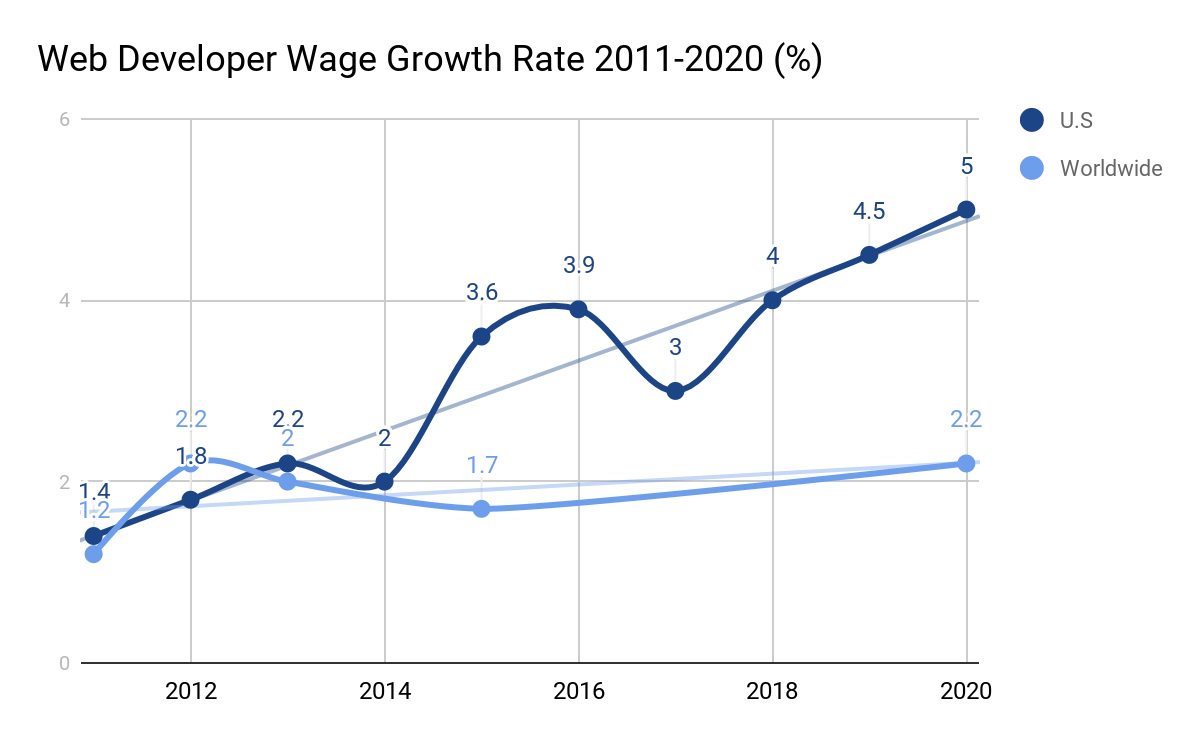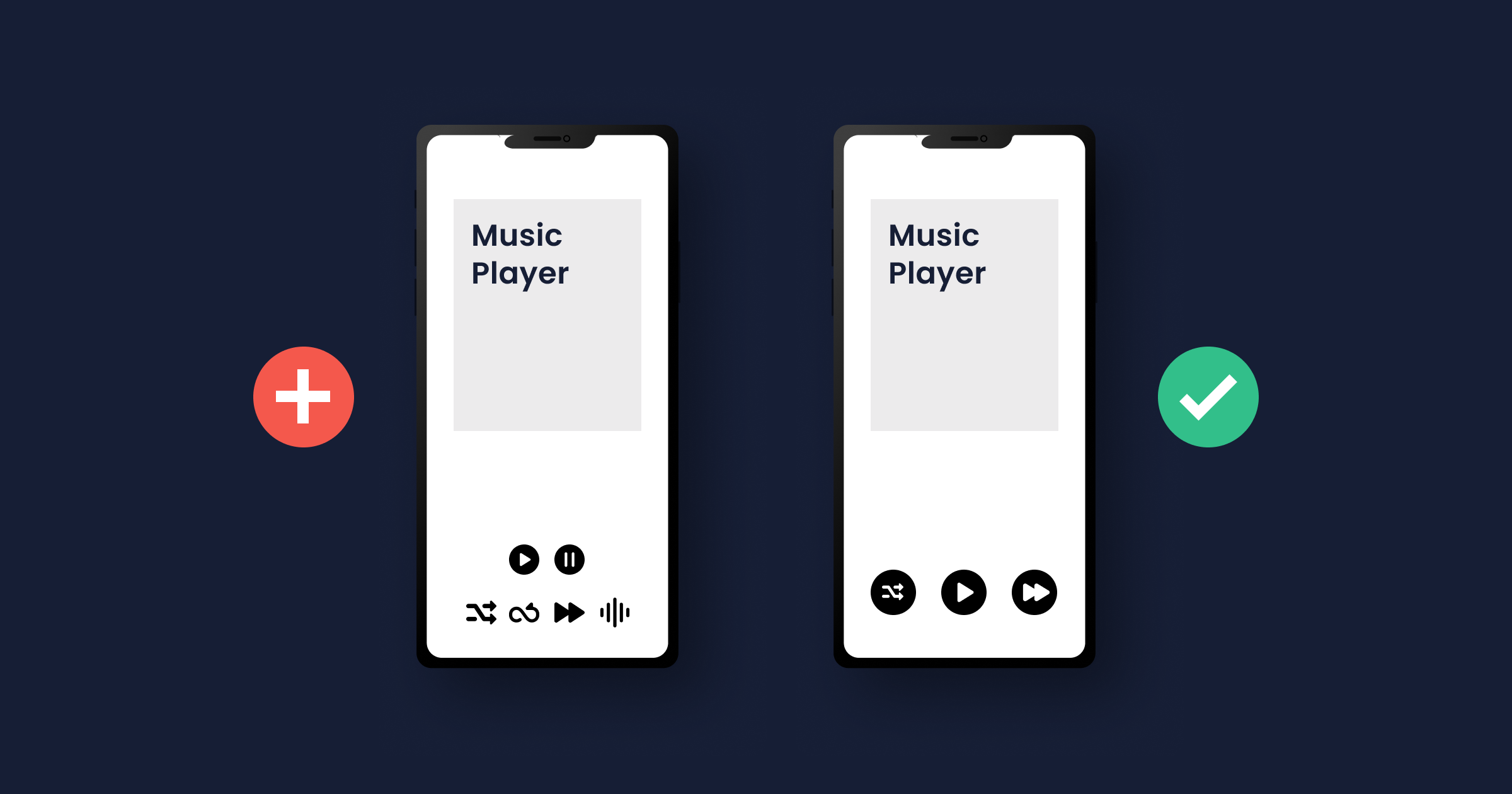
You will need a wide range of skills to be successful in digital media designing. Since the design of digital media is largely computer-based, designers must be able to work on a tight schedule and multi-task effectively. These designers must be analytical and critical thinkers and be able produce original and engaging content. Here are some of most in-demand job titles in this area. These and many other exciting careers in digital design are available to you.
Job titles for digital media designers
There are many job titles available for digital media designers depending on the type you're applying for and the job that you're interested in. Your role as a designer for digital media is to create images, videos effects, and content that can be used on various mediums such print, internet, and television. Some digital media designers work closely with developers, while others simply produce graphics and animation for product promotions. Whatever your role, you'll be responsible for delivering the best design possible for the client.

These are career opportunities in animation, graphic design web development, video production social media marketing, and games. The job titles of digital media designers include animators, production artists, junior graphic designers, new media designers, video editors, and many other titles. You'll be able to advance in your career as you gain experience. A degree in graphic design or computer programming is not required. Self-taught individuals with a natural talent for creating visual effects and a strong work ethic can work in a team setting or as independent contractors.
Education necessary
For most positions in digital design, you will need a bachelor’s degree in a related discipline. A bachelor's degree in a related field is not necessary for all positions. However, some employers prefer candidates who have specific programming knowledge. Most digital media design programs combine coursework with real-world experience, so students can learn about image design, 3-D modeling, and digital video editing. They can also learn web design and website maintenance. Interested individuals can complete a certificate program or pursue an advanced degree in a related field.
Students interested in a career with digital media design may work in many different areas. Digital media designers tell stories through images and videos. Some positions require knowledge of programming languages and others require close collaboration. Designers work not only on creating visual content but also on product promotion. Some designers develop infographics and motion graphic for marketing purposes. Designers can also create user interfaces.
Salary
The average salary of a Digital Media Designer is $63,689 per year, and the range is much higher or lower depending on the location and employer. Digital Media designers in San Francisco and in high-tech cities generally earn a better salary than others. Full-time designers in these fields could earn more than $52,000 per annum and be eligible for benefits like health insurance and paid vacations. They may even be able to work from home, if they choose to.

Because of the variety of jobs available, a career in digital media designing is highly desirable. A wide range of industries require digital designers, such as animation, film and television and web design. They also require strong technology skills to work on deadlines and utilize a variety of software programs. Digital designers must be both creative and analytical to be successful in their field. They should be able, and able to learn new software and programs.
FAQ
What technical skills do I need to design and construct my site?
No. It doesn't matter what HTML or CSS you know. You can find tutorials online for HTML and CSS.
Can I use a framework or template on my website?
Yes! A lot of people use prebuilt templates or frameworks to create websites. These templates contain all the code needed to display information on your page.
The following are some of our most-recommended templates:
WordPress - the most widely used CMS
Joomla - another popular open source CMS
Drupal - A large-scale enterprise solution that large businesses use
Expression Engine - A proprietary CMS from Yahoo
There are hundreds of templates available for every platform. It should not be difficult to find the right one.
What Kinds Of Websites Should I Make?
This depends on your goals. Your website should be able to sell products online. This will allow you to build a successful business. You'll need to build a robust eCommerce site to do this successfully.
Blogs are another popular type of website. Each of these requires different skills and tools. To set up a blog for instance, you'll need to learn about blogging platforms like Blogger and WordPress.
When you choose a platform, you will also need to figure out how to customize the look of your site. There are many templates and themes available that can be used for free on each platform.
Once you've chosen a platform, you can build your website by adding content. You can add images, videos, text, links, and other media to your pages.
Once you're ready to publish your website online, click here. Visitors can access your website in their browsers once it is published.
Statistics
- When choosing your website color scheme, a general rule is to limit yourself to three shades: one primary color (60% of the mix), one secondary color (30%), and one accent color (10%). (wix.com)
- The average website user will read about 20% of the text on any given page, so it's crucial to entice them with an appropriate vibe. (websitebuilderexpert.com)
- Did you know videos can boost organic search traffic to your website by 157%? (wix.com)
- Is your web design optimized for mobile? Over 50% of internet users browse websites using a mobile device. (wix.com)
- It's estimated that chatbots could reduce this by 30%. Gone are the days when chatbots were mere gimmicks – now, they're becoming ever more essential to customer-facing services. (websitebuilderexpert.com)
External Links
How To
What is website hosting?
Website hosting is the place where visitors go to visit a website. There are 2 types.
-
Shared Hosting - This is your cheapest option. Your website files will reside on a server belonging to someone else. Your customers' requests travel via the Internet to your server when they visit your site. The request is then handed to the owner of that server.
-
Dedicated hosting: This is the most costly option. Your website will reside on a single server. Your traffic is private because no other websites have shared space on this server.
Because shared hosting is more affordable than dedicated hosting, most businesses opt for it. With shared hosting, the company that owns the server provides the resources needed to run your website.
However, both have their advantages and disadvantages. These are some of the major differences between them.
Pros of Shared Hosting
-
Lower Cost
-
Easy to Setup
-
Frequent Updates
-
It is available on many Web Hosting Companies
Hosting shared with others can cost as low as $10/month. But keep in mind that this price usually includes bandwidth. Bandwidth is the data transfer speed that you have over the Internet. Even if only you upload photos to your blog or website, high-volume data transfers may incur additional charges.
Once you start, you'll quickly realize why you were paying so much for your previous host. The majority of shared hosts offer limited customer support. While they may occasionally assist you in setting up your site and other tasks, after that you are all on your own.
Look for a provider who offers 24/7 phone support. They will attend to any issues you have while you sleep.
Cons of dedicated hosting
-
More Expensive
-
Less common
-
Requires special skills
With dedicated hosting, you get everything you need to run your website. You don't need to worry about bandwidth usage or RAM (random access memory).
This means you'll have to spend more upfront. However, once your business goes online, you'll discover that you don’t need as much technical support. You will become an expert in managing your servers.
So Which Is Better For My Business?
The answer depends on what kind of website you want to create. If you only want to sell products, then shared hosting might be the best choice. It is easy to set-up and manage. You'll probably receive frequent updates because you are sharing a server hosting many other sites.
However, dedicated hosting is the way to go if you want to build a community around your brand. You can put your efforts into building your brand, and not worry about how to handle your traffic.
Bluehost.com offers both. They offer unlimited data transfers per month, 24/7 support and free domain registration.